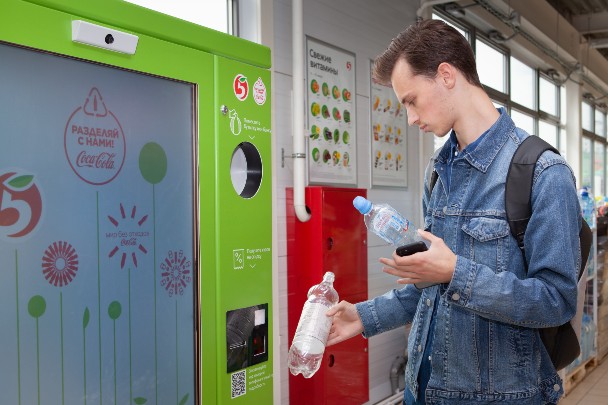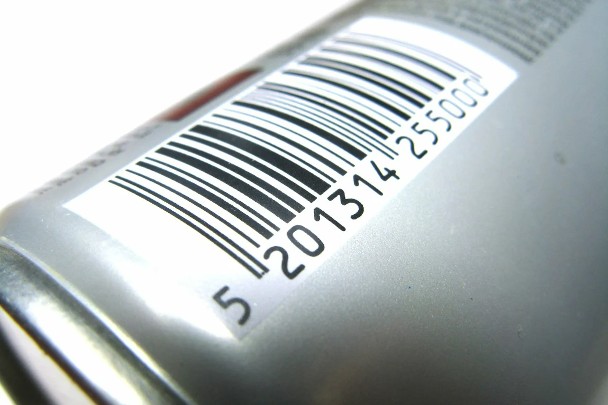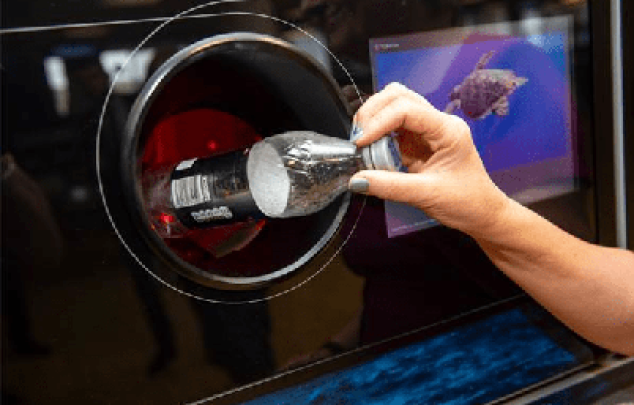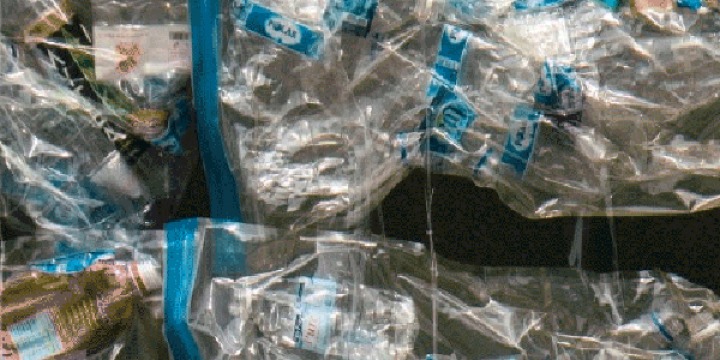August 19, 2022 Industry news
Scotland’s deposit return scheme (DRS), the first of the four schemes planned for each UK nation to launch, will play an important role in Scotland’s journey towards a more sustainable economy. Estimates by Zero Waste Scotland, a not-for-profit environmental organisation that is supporting implementation, suggest that it will reduce carbon emissions by an average of nearly 160,000 tonnes a year - the equivalent of 109,000 return flights from Edinburgh to New York.
How will it work?
Scotland’s scheme will see consumers charged a 20p deposit on any drink packaged in a single-use container made from PET plastic, glass, steel or aluminium sized between 50ml and 3 litres.

This deposit can be reclaimed by returning the container to any of the thousands of return points being installed across the country.
It places a monetary value that reflects the true social and environmental cost of disposal and provides consumers with a financial incentive to recycle and reduce littering.
The scheme is being delivered by Circularity Scotland Ltd., an industry-led body representing drinks producers, retailers and trade bodies of all sizes.
This business-led approach is common among many of the most successful schemes already operating in European countries such as Denmark, Finland, and The Netherlands.
Infrastructure for the scheme is now being rolled out across Scotland, and businesses of all sizes are being encouraged to act now to make sure they are ready for when the scheme launches this time next year.

This scheme is being delivered by industry for industry. By putting businesses in charge, we are making sure that it works for them. With one year to go until the scheme goes live for consumers, I would encourage all businesses and organisations that produce, ship or sell drinks to get involved with the scheme now.”
Lorna Slater
Circular economy minister and co-leader of the Scottish Greens
Businesses can register with Circularity Scotland to make sure they receive information that will help them prepare.
The schemes’ regulator, the Scottish Environment Protection Agency (SEPA), has also launched a campaign that will help businesses understand their legal responsibilities and the steps they need to take to prepare.
Supporting successful implementaion
Research conducted by GS1 UK found that over half of Scots still don't know what a deposit return scheme is and the final rules and regulations for England, Wales and Northern Ireland are still to be confirmed.
Dealing with legislative changes that are implemented differently in one country before another presents a major challenge for UK businesses. Without common, global standards across the UK, DRS could pose significant logistical problems for manufacturers and, consequently, consumers, who could experience higher prices and reduced choice.

GS1 UK, as a result, is calling for a future-proofed approach that provides consumers with simplicity, convenience and ease of use. We are also actively collaborating with both industry and government to support the development of schemes that will ensure consistency, facilitate cross border trade, and support efficient and effective supply chains.
GS1 standards have a huge role to play as, for any DRS to have a meaningful impact, it must be underpinned by data that manufacturers, retailers, and consumers can trust. Our standards are already powering deposit return schemes across the world and building them into any processes developed for the UK would help government implement schemes at scale and speed.
In the context of DRS, standards offer administrators and businesses a consistent way to identify, label and categorise packaging attributes. This ensures information can be exchanged in a manner that is simple, transparent and reduces variation – even across borders.
By ensuring that processes are simple and harmonised, standards have the power to significantly increase operational efficiency, drive scheme participation and could potentially save both industry and taxpayers millions.



